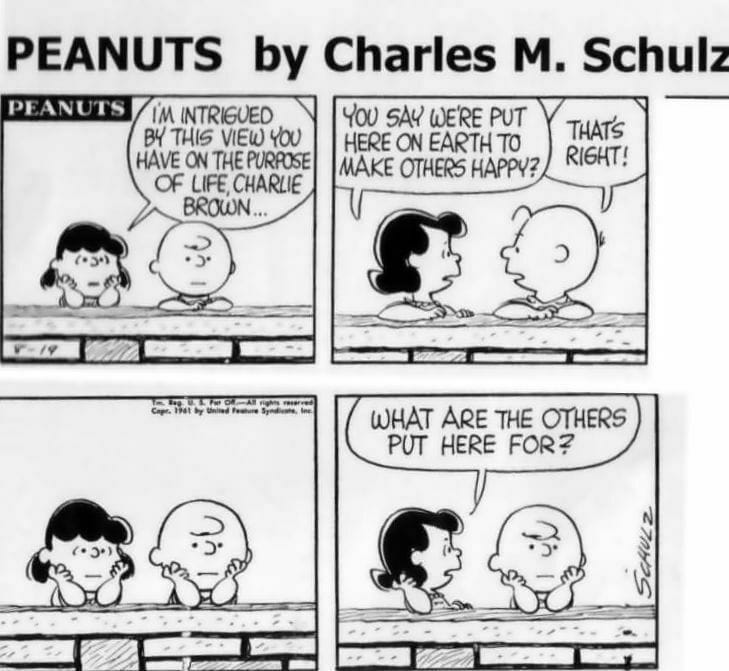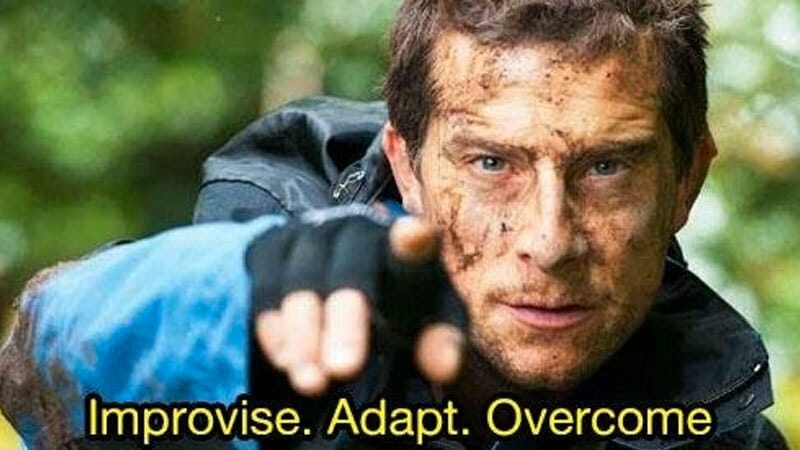The Law of Carrot and Stick
The one rule in life you can never escape from.
If life is defined in two words, then “carrot” and “stick” are most likely them.
👑 The one rule that rules us all
You’ve probably heard of the “carrot and stick” — a method to make someone do/don’t do something by
rewarding them for behaving nicely, and
punishing them for not doing so.
But, if you see this metaphor not as an approach but as a law that governs life, you’ll get something like this,
We do/don’t do something to be rewarded and to avoid punishments.
At first glance, that’s obvious, isn’t it?
We eat to prevent the awful feeling of hunger, and of course, dying (punishment), and to enjoy the pleasure of having good food (reward). One hangs out with friends to embrace companionship (reward), and to avoid feeling lonely (punishment).
Or, as most of us could greatly relate, spending hours scrolling on Instagram is fun (reward) when it feels like a pain in the ass (punishment) to get things done.
Even the commonly known “give without asking for returns” spirit of volunteerism has its own carrot and stick — the joy of helping those in need (reward) and the pain of seeing them struggle (punishment).
Checking the bible of habit building — Atomic Habits by James Clear, I found something similar.
Conventional wisdom holds that motivation is the key to habit change. Maybe if you really wanted it, you’d actually do it. But the truth is, our real motivation is to be lazy and to do what is convenient.
If we read further, we’ll find a mention of the Law of Least Effort which states that,
When deciding between two similar options, people will naturally gravitate toward the option that requires the least amount of work.
Bonus: As the daddy of Windows — Bill Gates famously said,
I choose a lazy person to do a hard job. Because a lazy person will find an easy way to do it.
All these findings point toward the fact that whatever we do or don’t do in life is for getting rewards🥕 and avoiding the pain🪵 (I can’t find a stick emoji, so here’s a big-ass tree trunk). Since late June, this thought has often come to my mind after each pursuit of pleasures at the expense of everything else.
It feels scary to see your life this way. However noble your thinking or disciplined your way of living is, the Law of Carrot and Stick is a part and parcel of life you can never break away from.
But, is there a need to?
🪡 Tailoring the rule that rules us all
Having gone back and forth between a wasteman’s life and a productive one, I find accepting the existence of the Law of Carrot🥕 and Stick🪵 a great first step toward a meaningful change in life. Only when you recognize the “problem” will you find ways to solve it.
In this case, if the law is inevitable, then the only rational way is to live with it. What’s more? You can tailor it to your benefits.
According to the same book, James said that to build a habit, one should follow these laws (yes, more laws),
Make it obvious ( •̀ ω •́ )✧
Make it attractive (✿◡‿◡)
Make it easy (~ ̄▽ ̄)~
Make it satisfying = ̄ω ̄=
Late last year, I started a 30-day project to build a simple habit — studying.
Let's dive in.
👀 To make it obvious
I chose the university library as my go-to workplace (Thanks, David!). For years, it’s been deeply instilled into me that libraries are the default place for getting things done. It is a crystal clear cue that, if you’re there, you should be doing things that make your time there fair.
🌸 To make it attractive
The library PCs helped a lot. As a fan of “bigger is better” when it comes to the screen resolution, I find going to the library a more appealing choice. Well, it’ll be a waste not to use the school resources anyway :D
🔠 To make it easy
The success threshold was set to 30 minutes of studying per day. Ideally, we need more to truly learn something. But, setting the bar low helped me to get started. Once I did, the momentum usually kept me going for hours. There were also days when I didn’t feel like it, but a low target made it easier not to skip.
✨ To make it satisfying
I built this habit in public on Twitter. Of course, there was the joy of keeping my studies on track, but having something to show for it on Twitter was a great reward that kept the streak going. At the same time, it felt painful to tweet that you did nothing, leading us to my next point.
To break a bad habit, James told us to do the opposite.
Make it invisible 😶🌫️
Make it unattractive 🤨
Make it difficult 😵💫
Make it unsatisfying 😪
Both sets of laws above are a good use of the Law of Carrot🥕 and Stick🪵. If we’re born to avoid pain, then making things you don’t want to do more painful will make you gravitate towards something else. And if you structure it well, it will be the good things you want to do that you will gravitate to.
🎯 A new goal
The rut of wasting time away and using it wisely is what most of us are stuck in. Perhaps, like the Law of Carrot🥕 and Stick🪵, that vicious cycle isn’t something we can break out of.
Consider a pendulum swinging between “productive” and “wasteman”. You sometimes live your life meaningfully to the fullest. But, there will be days when you run away as the reward of escaping overshadows the pain.
Hence,
Maybe the goal isn’t to break away from this law and out of the rut, but to keep the swinging pendulum bob longer at where you want it to be the most.
Let that sink in.
—Thomas





